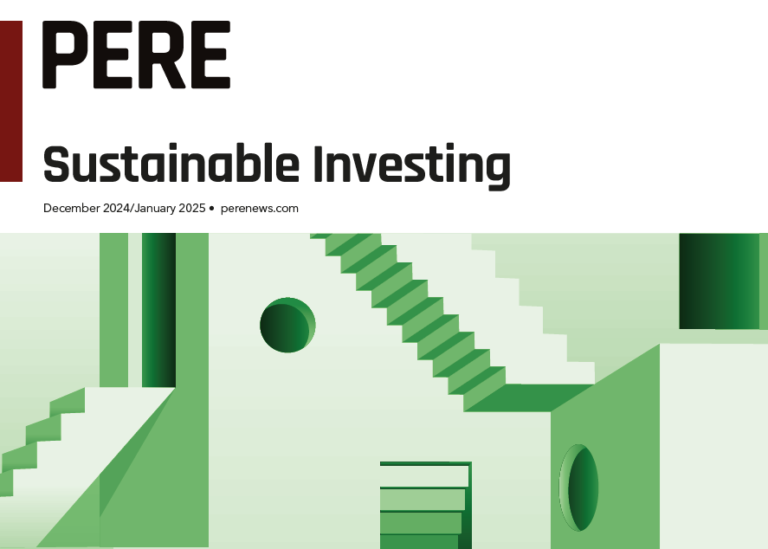-
Brian Klinksiek’s article appears in Issue 12 of Summit, the official publication of AFIRE, the association for international real estate investors focused on commercial property in the United States.
Even as the US has exported trends that have transformed global property markets, several key trends originating in Europe are likely to shape property in the US and globally in the years ahead.
The opportunity to take ideas and best practices from one part of the world and implement them in another is, alongside diversification benefits, one of the great advantages of investing real estate capital across borders. Cyclical and secular themes tend to go global, albeit with leads and lags. Having a global perspective can give an investor an early-mover advantage over other players.
Historically, a common (but not exclusive) pattern has been for concepts to debut in US before emerging elsewhere. This was mirrored in my own career trajectory, which was shaped by the export of American business models. I moved from Chicago to London in 2009, and later to Hong Kong, to help my colleagues implement strategies in sectors that were established in the US but had been nascent elsewhere, such as multifamily apartments and self-storage. LaSalle has long tracked these differences in sector institutionalization and maturity on its “Going Mainstream” framework.
Want to read more?

Dec 02, 2024
PERE: Sustainable investing
Ryu Konishi and Julie Manning spoke to PERE about the growing importance of sustainability as part of investment decision-making and creating a net zero carbon pathway.



